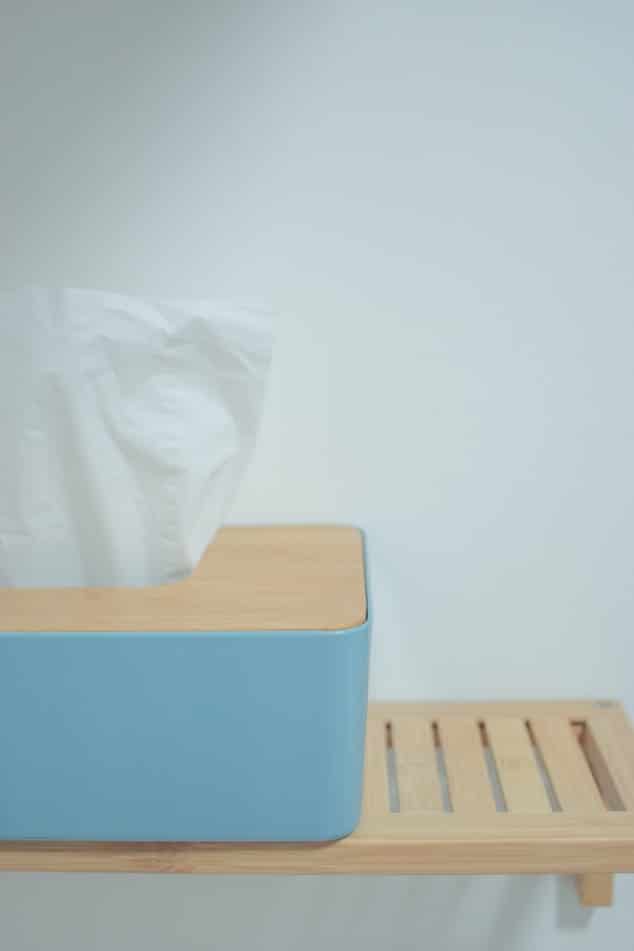Postnasal drip is listed as a symptom of many ailments, but that doesn’t mean it’s obvious what it is or what it entails. Learning about postnasal drip can help you better describe and understand your symptoms when you talk to a physician, which is why we’ve compiled everything you may not know about it below.
What Is Postnasal Drip?

Within your nose and throat are glands that produce mucus to fight infections, catch foreign substances and moisturize the airway. Postnasal drip occurs when your nose and throat produce excess mucus that drips down from your nose into your throat.
What Are the Symptoms of Postnasal Drip?
The telltale symptom of postnasal drip is the feeling of mucus draining into the throat. Other symptoms include:
- Constant need to cough
- Sore or scratchy throat
- Bad breath
- Nausea due to mucus draining into the stomach
What Causes Postnasal Drip?
Like we said before, there are many possible causes of postnasal drip. Common ones include:
- Allergies
- Common cold
- Sinus infections
- Bacterial infections
- Nasal polyps
- Cold temperatures
- Dry air
- Spicy foods
- Certain medications
- Deviated septum
- Pregnancy
What At-Home Treatments Can Help Postnasal Drip?
At-home remedies for postnasal drip include using saline sprays, staying hydrated and keeping your head elevated when sleeping. Over-the-counter medications like decongestants and antihistamines can also help.
When Should I See a Doctor for Postnasal Drip?
Postnasal drip alone is not worrisome, but it certainly can be bothersome. If your symptoms persist more than ten days or seem to be getting worse, make an appointment with an ENT. You should schedule an appointment right away if you also experience fever, wheezing, breathing problems, or mucus with a strong odor.
How Can I Prevent Postnasal Drip?
Postnasal drip usually accompanies allergies or a cold. If you have allergies, get an allergy test to identify triggering allergens and talk to an ENT about treatment options. Prevent colds by being proactive with handwashing and avoiding others who are sick. If you do get sick, drink plenty of fluids and rest often. For more information or to schedule an appointment with an expert ENT physician, call ENT of Georgia today.